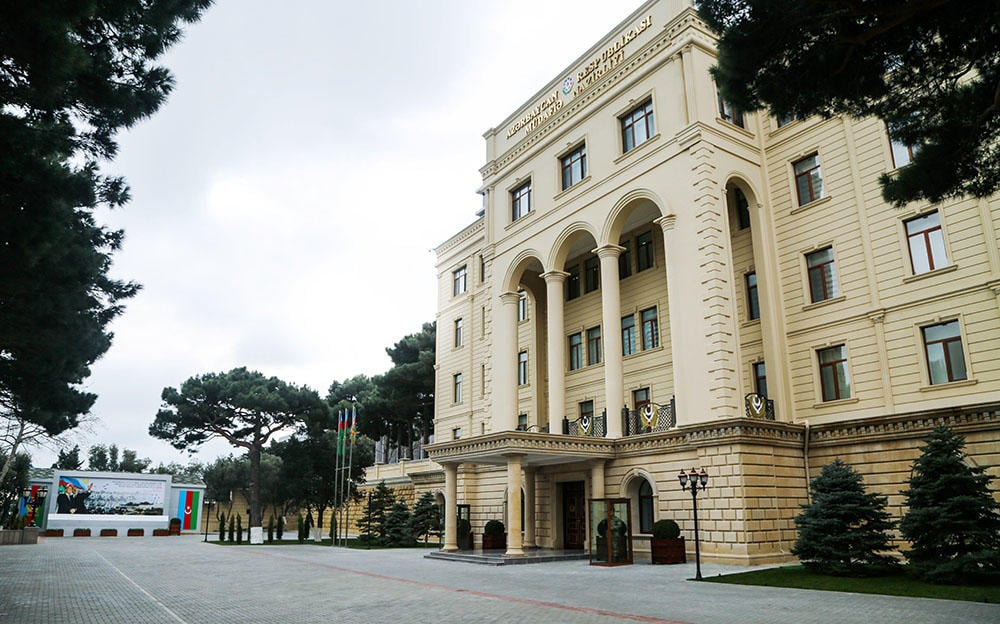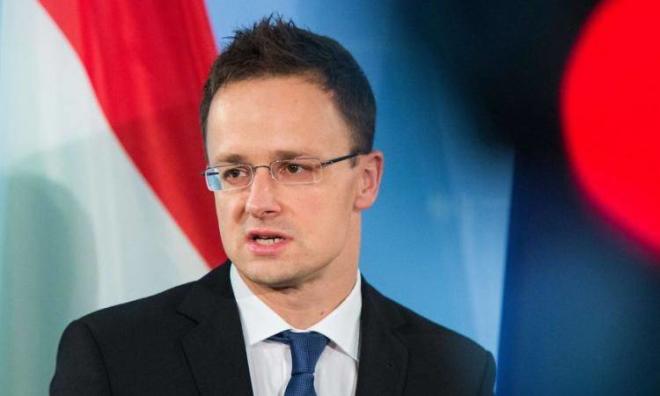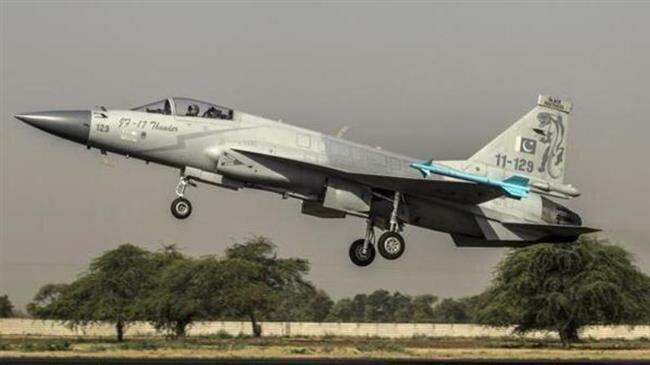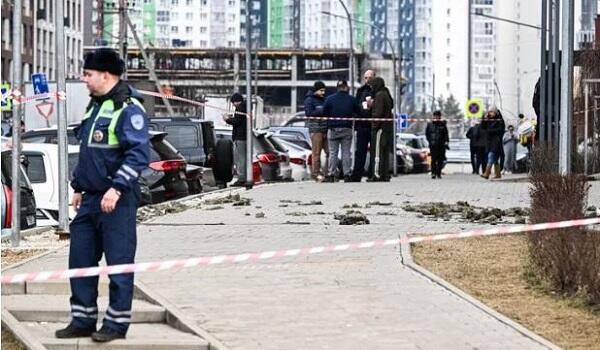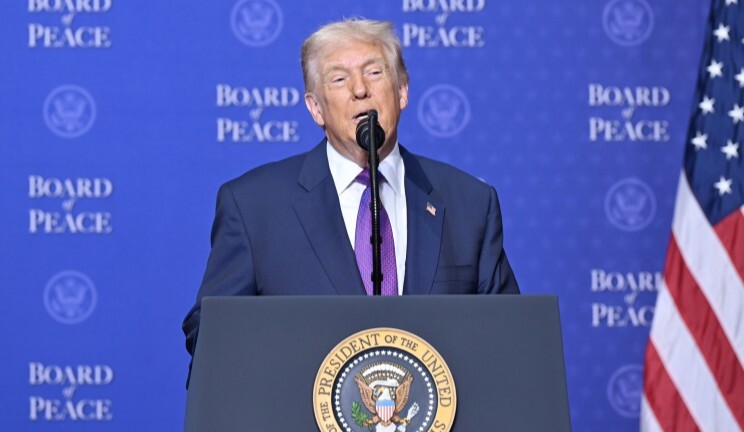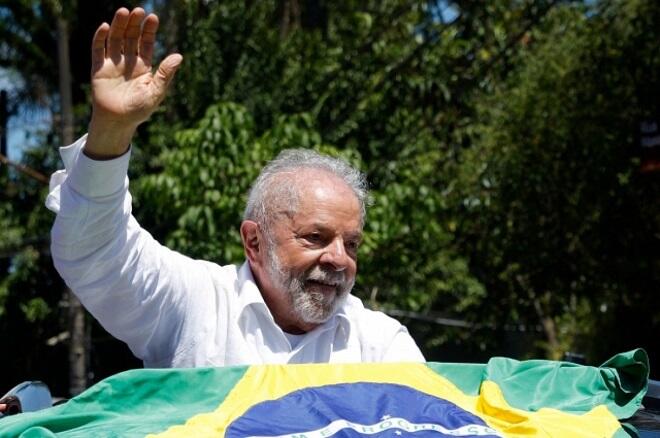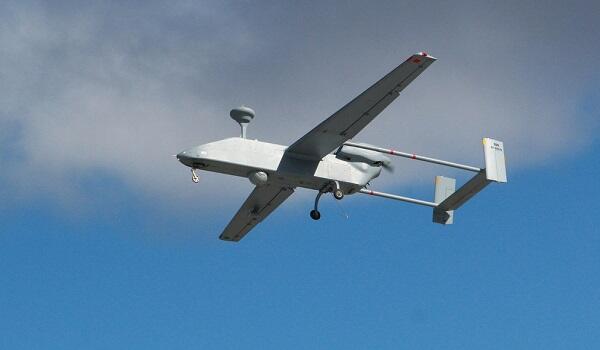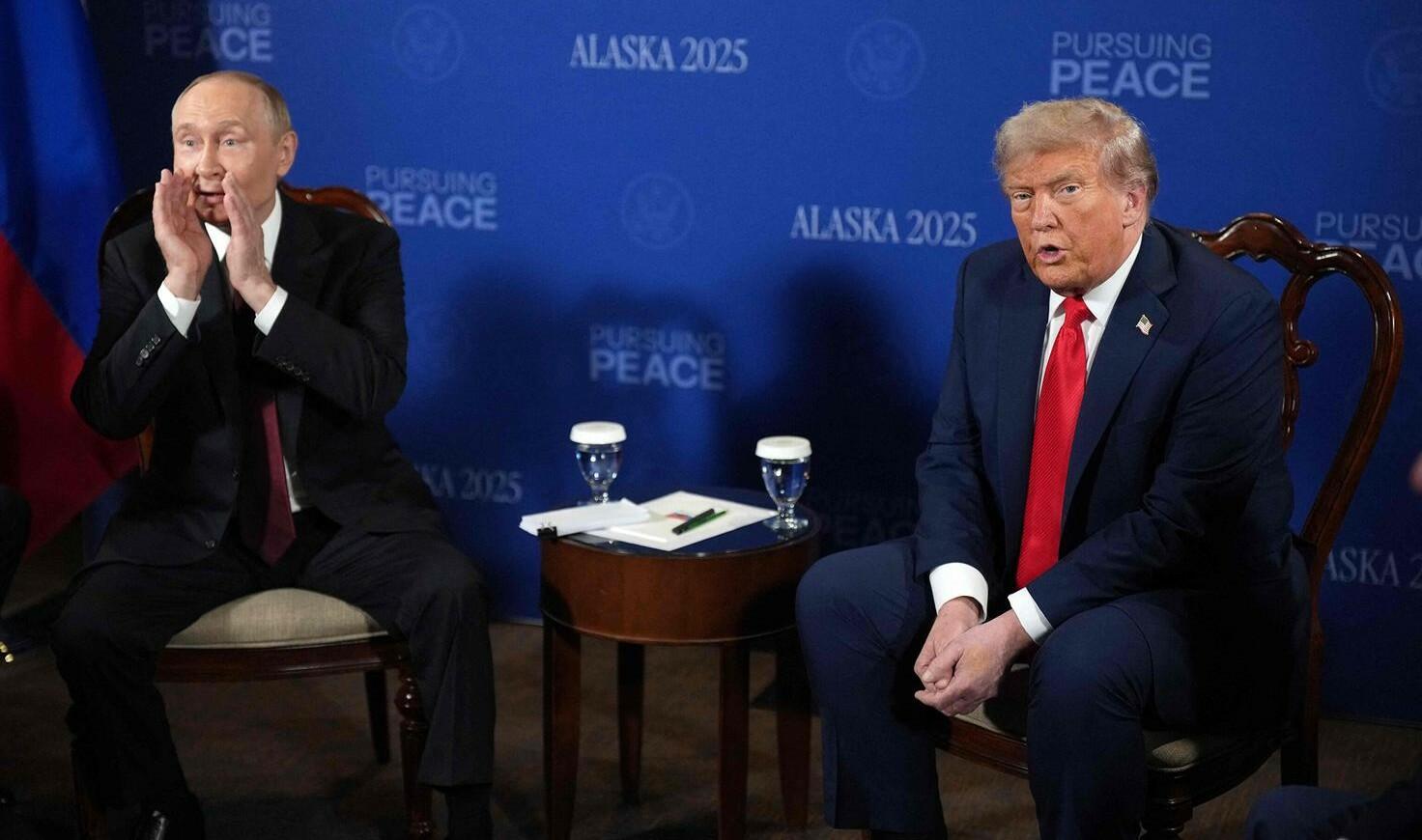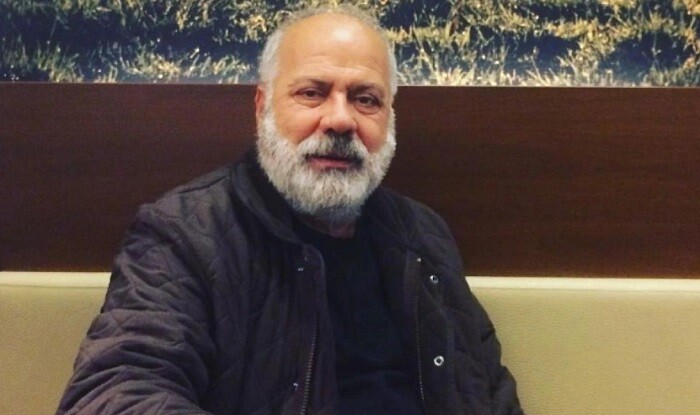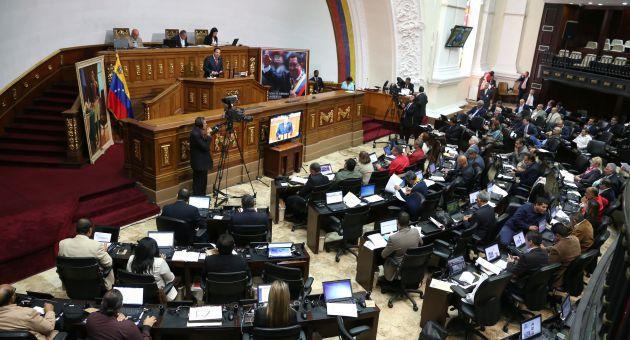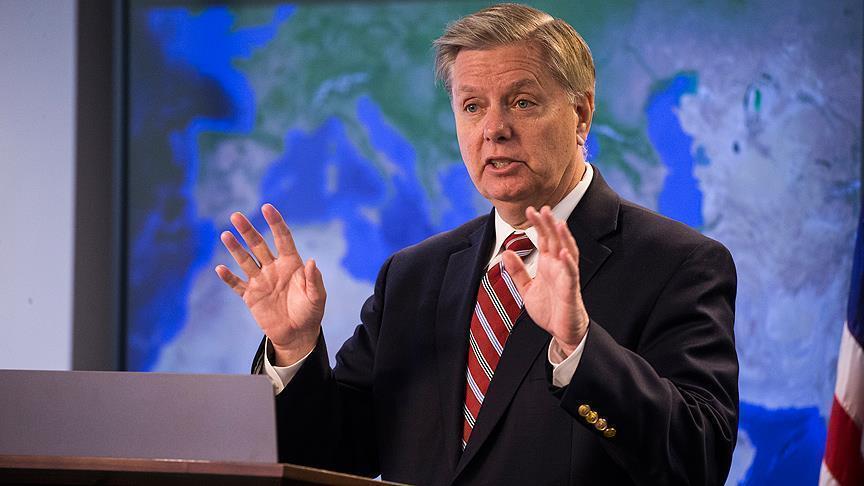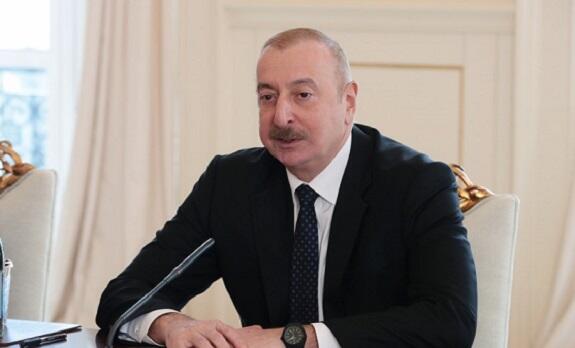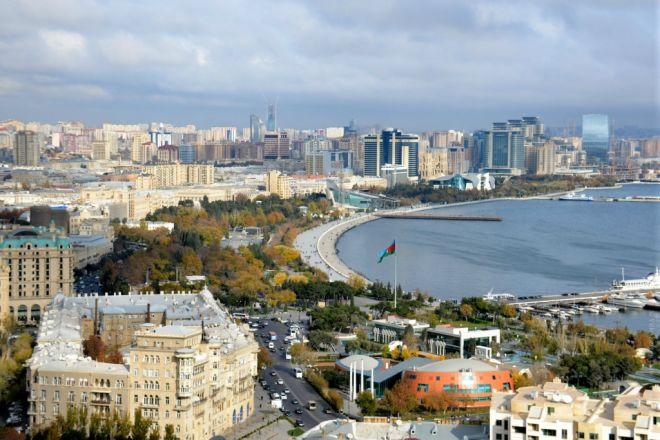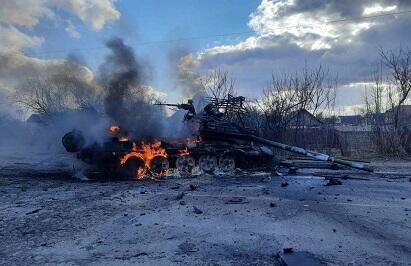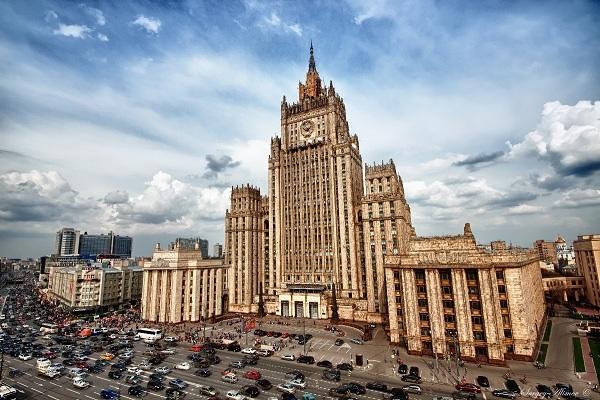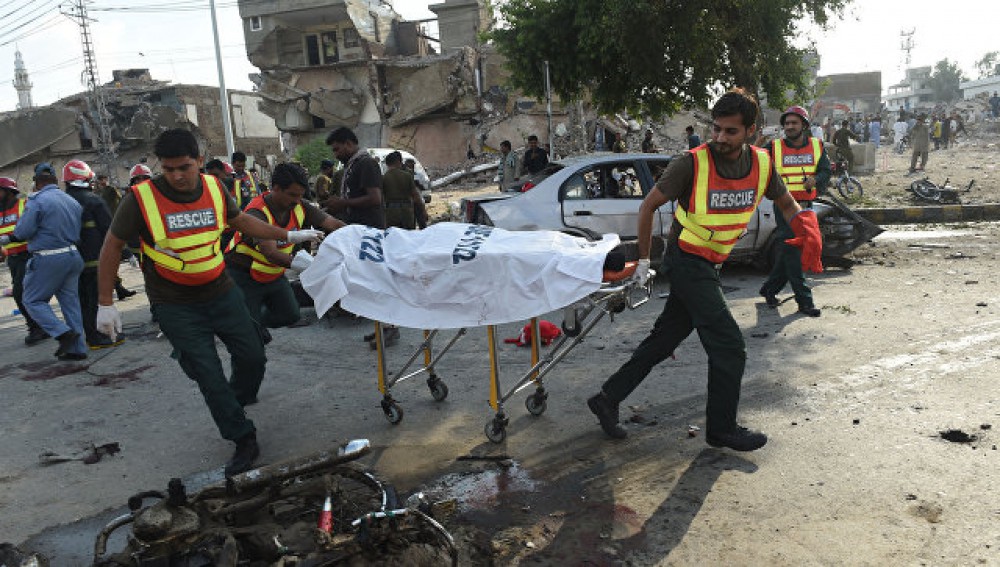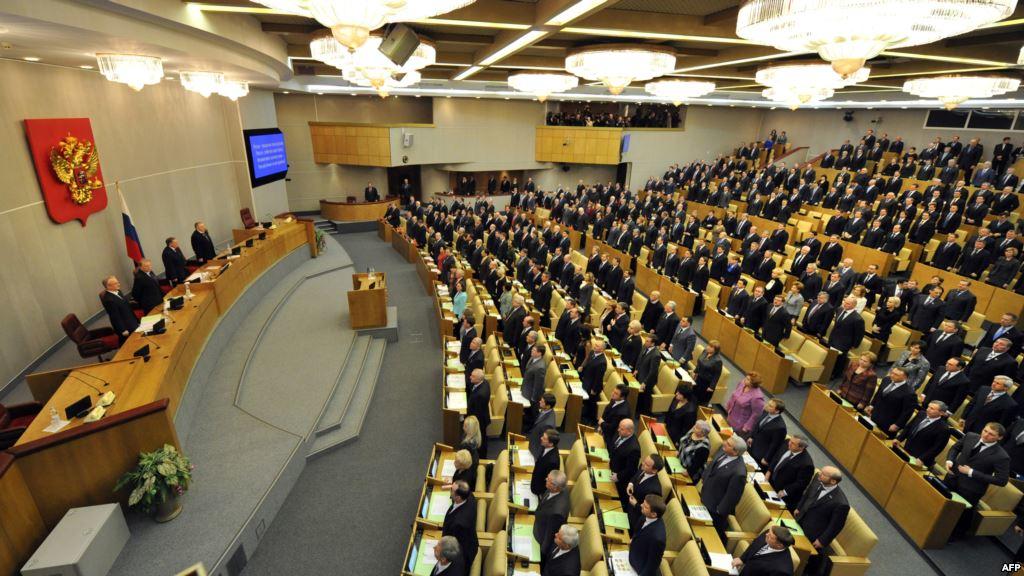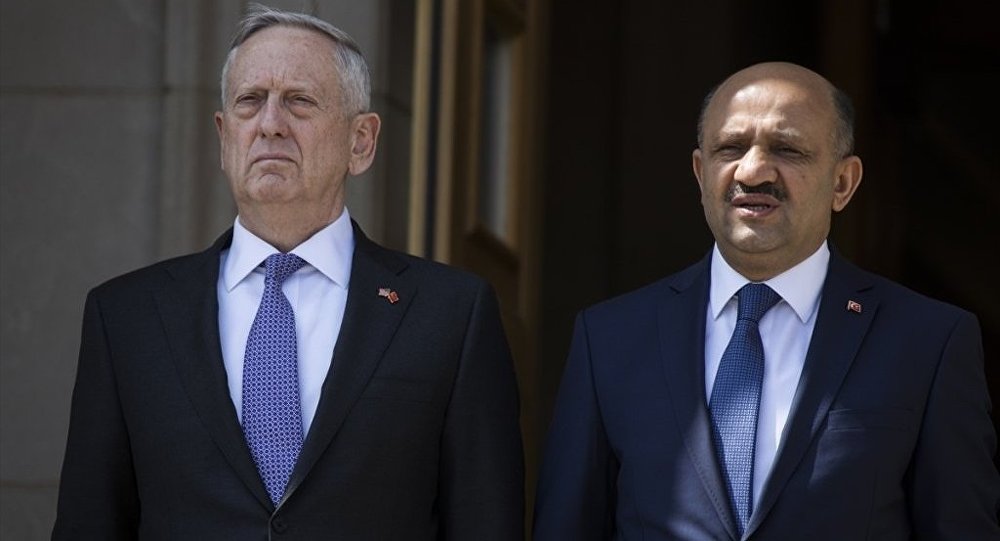The U.S. Defense Secretary Jim Mattis will again meet his Turkish counterpart Defense Minister Fikri Ishık next week in Europe, the top U.S. general said on Monday, describing regular U.S. efforts to address Turkish concerns over a U.S. decision to arm the PKK's Syrian affiliate the People's Protection Units (YPG) in Syria.
Axar.az reports citing Daily Sabah.
U.S. Marine General Joseph Dunford, chairman of the Joint Chiefs of Staff, said Mattis also wrote a detailed letter to Turkey last week to provide a "routine update" on U.S. efforts in Syria.
Washington's extended backing of PKK-affiliates remains a troubling issue marring U.S.-Turkish relations as Turkey considers the YPG to be the Syrian affiliates of the PKK, a proscribed terrorist organization in the U.S., Turkey and the EU.
Back in May, the U.S. announced that it will equip the "Kurdish elements" of the U.S.-backed Syrian Democratic Forces (SDF), which are mainly formed by the PKK-affiliated YPG, with mortar shells, heat-seeking missiles, heavy machine guns, automatic weapons, heavy automatic weapons, armored vehicles and tanks.
U.S. support for the SDF has caused tension in the relationship between Washington and Ankara, as the YPG forms the backbone of the SDF. The U.S. claims that it supports the SDF, despite the group being predominantly led by the YPG and says that supporting the SDF is the only option for defeating Daesh while Ankara says an alternative would be to work with local Arab tribes backed by countries in the region instead of supporting what it calls a "terrorist group." Turkey argues that the support given to the YPG in Syria is ultimately transferred to the PKK, and then used against its citizens.
In addition, the YPG's political wing the Democratic Union Party's (PYD) has also been accused of committing crimes against Arab and Turkmen locals in northern Syria as part of what is being called an attempt to implement demographic changes in the region. The PYD's policies of forced migration imposed on Arabs and Turkmens, as well as its arbitrary arrests of critical voices and the recruitment of child soldiers, have been widely covered by international human rights groups including Human Rights Watch (HRW), Amnesty International and KurdsWatch.



